

Satire Character. Horace - Ancient Rome - Classical Literature. Introduction | Biography | Writings | Major Works Horace was, along with Vergil, the leading Roman poet in the time of Emperor Augustus.
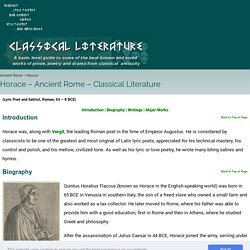
He is considered by classicists to be one of the greatest and most original of Latin lyric poets, appreciated for his technical mastery, his control and polish, and his mellow, civilized tone. As well as his lyric or love poetry, he wrote many biting satires and hymns. Work by Horace. Work by Horace THIS IS A DIRECTORY PAGE.

Britannica does not currently have an article on this topic. discussed in biography.
The satires of Horace and Persius; : None : Free Download, Borrow, and Streaming. Horace satires epistles ap. Jupiter. A series of photographs taken by Voyager 1 as it approached Jupiter, made into an animation.
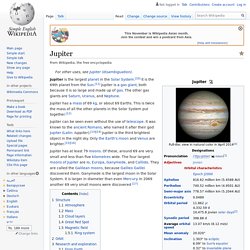
Jupiter has a mass of 69 kg, or about 69 Earths. This is twice the mass of all the other planets in the Solar System put together.[12] Structure[change | change source] Quintus Fabius Maximus Verrucosus. Quintus Fabius Maximus Verrucosus, surnamed Cunctator (c. 280–203 BC), was a Roman statesman and general of the third century BC.
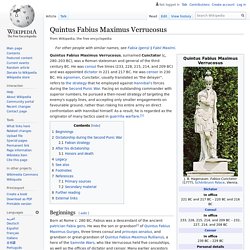
He was consul five times (233, 228, 215, 214, and 209 BC) and was appointed dictator in 221 and 217 BC. He was censor in 230 BC. His agnomen, Cunctator, usually translated as "the delayer", refers to the strategy that he employed against Hannibal's forces during the Second Punic War. Facing an outstanding commander with superior numbers, he pursued a then-novel strategy of targeting the enemy's supply lines, and accepting only smaller engagements on favourable ground, rather than risking his entire army on direct confrontation with Hannibal himself.
The odes of horace. Dionysus. Silenus. Ancient Greek mythological figure In Greek mythology, Silenus (; Ancient Greek: Σειληνός Seilēnos) was a companion and tutor to the wine god Dionysus.
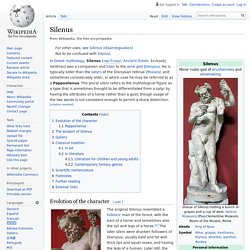
He is typically older than the satyrs of the Dionysian retinue (thiasos), and sometimes considerably older, in which case he may be referred to as a Papposilenus. The plural sileni refers to the mythological figure as a type that is sometimes thought to be differentiated from a satyr by having the attributes of a horse rather than a goat, though usage of the two words is not consistent enough to permit a sharp distinction. [citation needed] Tragedy. Tragedy (from the Greek: τραγῳδία, tragōidia[a]) is a form of drama based on human suffering that invokes an accompanying catharsis or pleasure in audiences.
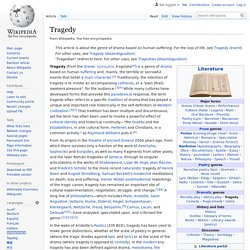
While many cultures have developed forms that provoke this paradoxical response, the term tragedy often refers to a specific tradition of drama that has played a unique and important role historically in the self-definition of Western civilization. Dionysia. The Dionysia () was a large festival in ancient Athens in honor of the god Dionysus, the central events of which were the theatrical performances of dramatic tragedies and, from 487 BC, comedies.
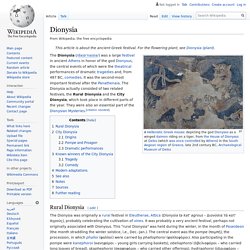
It was the second-most important festival after the Panathenaia. The Dionysia actually consisted of two related festivals, the Rural Dionysia and the City Dionysia, which took place in different parts of the year. They were also an essential part of the Dionysian Mysteries. Aeschylus. Ancient Athenian tragic playwright Aeschylus (,[1] ;[2] Greek: Αἰσχύλος Aiskhylos, pronounced [ai̯s.kʰý.los]; c. 525/524 – c. 456/455 BC) was an ancient Greek tragedian.
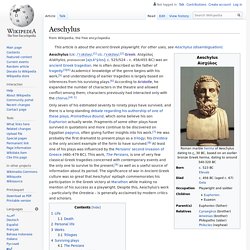
He is often described as the father of tragedy.[3][4] Academics' knowledge of the genre begins with his work,[5] and understanding of earlier tragedies is largely based on inferences from his surviving plays.[6] According to Aristotle, he expanded the number of characters in the theatre and allowed conflict among them; characters previously had interacted only with the chorus. [nb 1] Choerilus. Aristeas. Ancient Greek poet The birthplace of Aristeas, the poet who sung of these things, I have already mentioned.
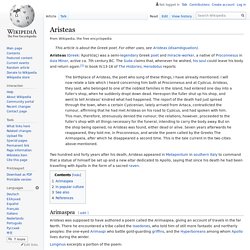
I will now relate a tale which I heard concerning him both at Proconnesus and at Cyzicus. Aristeas, they said, who belonged to one of the noblest families in the island, had entered one day into a fuller's shop, when he suddenly dropt down dead. Hereupon the fuller shut up his shop, and went to tell Aristeas' kindred what had happened. C. A. Trypanis. Constantine Athanasius Trypanis (Greek: Κωνσταντίνος Αθανάσιος Τρυπάνης; 22 January 1909 – 18 January 1993) was a Greek classicist, literary critic, translator and poet.
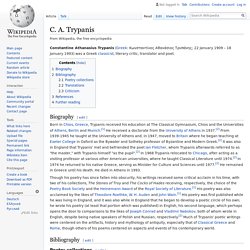
Biography[edit] Though his poetry has since fallen into obscurity, his writings received some critical acclaim in his time, with two of his collections, The Stones of Troy and The Cocks of Hades receiving, respectively, the choice of the Poetry Book Society and the Heinemann Award of the Royal Society of Literature.[1] His poetry was also acclaimed by the likes of Theodore Roethke, W. H. Poetics. Poetics is the theory of literary forms and literary discourse.[1] History[edit] The term "poetics" comes from the Greek ποιητικός poietikos "pertaining to poetry," literally "creative, productive," from ποιητός poietos "made," verbal adjective of ποιεῖν poiein "to make. "[2] Aristotle.
Aristotle's views on physical science profoundly shaped medieval scholarship. Their influence extended into the Renaissance and were not replaced systematically until the Enlightenment and theories such as classical mechanics. Athenaeus. Classical Athens. City-state in ancient Greece The city of Athens (Ancient Greek: Ἀθῆναι, Athênai [a.tʰɛ̂ː.nai̯]; Modern Greek: Αθήναι Athine [a.ˈθi.ne̞] or, more commonly and in singular, Αθήνα Athina [a.'θi.na]) during the classical period of Ancient Greece (480–323 BC)[1] was the major urban center of the notable polis (city-state) of the same name, located in Attica, Greece, leading the Delian League in the Peloponnesian War against Sparta and the Peloponnesian League.
Athenian democracy was established in 508 BC under Cleisthenes following the tyranny of Isagoras. This system remained remarkably stable, and with a few brief interruptions remained in place for 180 years, until 322 BC (aftermath of Lamian War). Comedy. Apuleius. Apuleius (/ˌæpjʉˈliːəs/; also called Lucius Apuleius Madaurensis; Berber: Afulay;[1] c. 125 – c. 180 CE) was a Latin-language prose writer. Lucian. 2nd-century satirist and rhetorician. Juvenal. Ancient Roman poet Juvenal wrote at least 16 poems in the verse form dactylic hexameter. These poems cover a range of Roman topics. Petronius. Gaius Petronius Arbiter[citation needed] (/pɪˈtroʊniəs/; c. 27 – 66 AD) was a Roman courtier during the reign of Nero. Persius. Persius, in full Aulus Persius Flaccus (; 4 December 34, in Volterra – 24 November 62), was a Roman poet and satirist of Etruscan origin. Horace.
His career coincided with Rome's momentous change from a republic to an empire. Gaius Lucilius. Aristophanes. Ancient Athenian comic playwright. Geoffrey Chaucer. Lord Byron. Petronius. Jonathan Swift. Alexander Pope. Persius. Persius. Juvenal. List of satirists and satires. Below is an incomplete list of writers, cartoonists and others known for their involvement in satire – humorous social criticism. They are grouped by era and listed by year of birth. Also included is a list of modern satires. Early satirical authors[edit] Medieval, early modern and 18th-century satirists[edit] Modern satirists (born 1800–1900)[edit] Modern satirists (born 1900–1930)[edit] Contemporary satirists (born 1930–1960)[edit] Contemporary satirists (born 1960–present)[edit] Notable satires in contemporary popular culture[edit]
Greek and roman art gallery youtube. Ancient Greek comedy. Aristophanes. List of Ancient Greek poets.